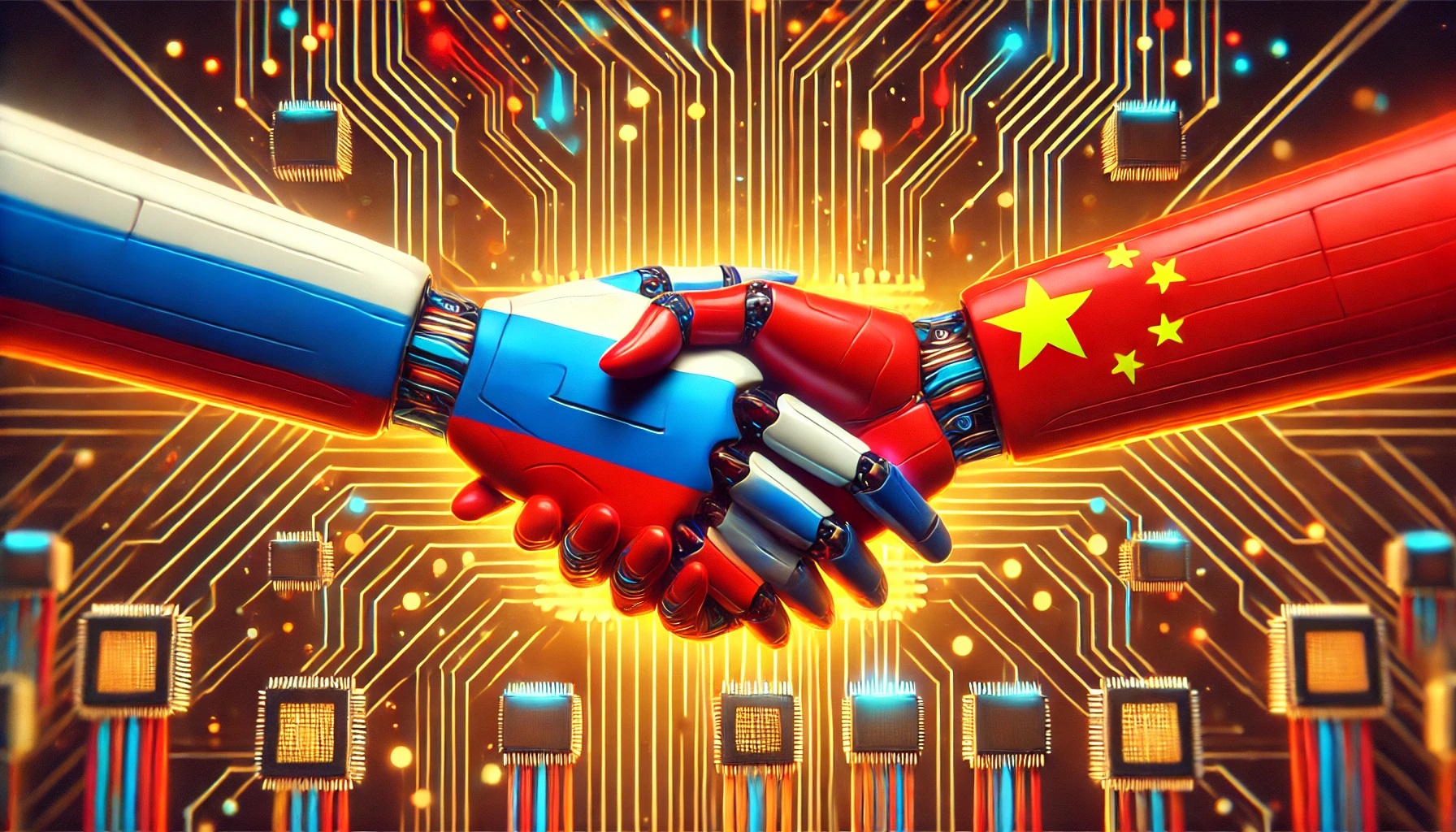In a significant move to bolster its technological capabilities, Russia has announced a new collaboration with China focused on artificial intelligence (AI) research and development. President Vladimir Putin has directed the Russian government and the nation’s largest financial institution, Sberbank, to take the lead in this initiative. This strategic partnership is seen as a direct response to Western sanctions that have hampered Russia’s access to critical technologies in recent years.
Bridging the Tech Divide
The announcement underscores Russia’s intent to maintain and expand its AI prowess despite geopolitical challenges. Western sanctions, imposed in response to various international disputes, have restricted Russia’s ability to acquire advanced semiconductors, software, and other key components essential for AI innovation. By partnering with China—a global leader in AI and technology manufacturing—Russia aims to bridge the gap and secure the resources needed to stay competitive in the rapidly evolving AI landscape.
China’s AI sector has seen meteoric growth, fueled by a combination of government support, massive data resources, and a thriving tech industry. This makes it an ideal ally for Russia, which is seeking to overcome the technological hurdles imposed by international isolation. Experts believe that the partnership could include joint ventures in AI-driven applications for finance, healthcare, defense, and industrial automation.
Sberbank’s Pivotal Role
Sberbank, already a major player in Russia’s AI ecosystem, is set to play a central role in this collaboration. The bank has invested heavily in AI technologies over the past decade, developing platforms that support everything from customer service chatbots to advanced data analytics. Sberbank’s involvement signals the partnership’s focus on both commercial and strategic AI applications.
“Sberbank’s expertise and infrastructure in AI will be a cornerstone of this initiative,” said a spokesperson for the bank. “By combining resources with Chinese counterparts, we aim to accelerate innovation and deliver solutions that benefit both nations.”
Implications for Global AI Dynamics
The Russia-China AI partnership is likely to reshape the global AI landscape, creating a powerful bloc capable of challenging Western dominance in the field. It also highlights the growing trend of technology alliances being used as geopolitical tools. By aligning their AI ambitions, Russia and China could set new standards and practices that influence the global AI community.
However, the partnership has raised concerns in the West. Observers warn that closer AI ties between Russia and China could lead to advancements in military technologies, surveillance systems, and other areas that might be used to challenge Western interests.
Looking Ahead
While details of the partnership remain under wraps, the move has already sparked a wave of speculation and analysis. Will this collaboration enable Russia to overcome its technological limitations? How will it impact global AI standards and ethics? And what role will this alliance play in the broader geopolitical landscape?
As Russia and China deepen their cooperation, one thing is clear: the race for AI supremacy is no longer a solitary pursuit but a contest shaped by alliances and strategic partnerships. For Russia, this partnership offers a lifeline to innovation and resilience in the face of international pressures, while for China, it represents an opportunity to solidify its position as a global technology leader.
Conclusion
This Russia-China AI collaboration signals a new chapter in the global tech race, emphasizing the intersection of innovation, strategy, and geopolitics. As the world watches closely, the outcomes of this partnership could redefine the trajectory of artificial intelligence for years to come.
